EU Cost of living protests become more widespread each day
As the war drags on in the Ukraine, the gloomy economic outlook continues to trigger protests across Europe. Demonstrators in several European countries have taken to the streets demanding pay rises and better working conditions.
In the UK tens of thousands of nurses will go on strike for the first time, demanding better pay as the cost of living soars.
The industrial action called by the RCN would begin before the end of the year, unprecedented in its 106 year history.
Union representatives say that the salaries of nurses have dropped by as much as 20% in real terms over the last 10 years, which has left members struggling to feed their families and to pay their bills.
Hundreds of workers at London's Heathrow Airport will walk out in run up to the Football World Cup in Qatar this month over demands for better pay. The 700 workers will strike for three days beginning on November 18.
In Greece workers have held a 24 hour general strike, which has seen thousands of protesters on the streets of Athens and the northern city of Thessaloniki. Clashes erupted between protesters and security forces.
I make €900 a month. Until I get paid again, I will have paid my mortgage, my electricity and my water bill, and only crumbs will be left over to survive with.
Greek Demonstrator 01
I cannot get through the month.
It is difficult to make it to the end of the month, making it to the end of the month means your wages will last you until the last day of the month.
For me, my wages have already been spent after the first ten days.
Greek Demonstrator 02
In Paris commuters faced with delays as Metro workers called a major one day pay strike. A variety of unions have recently staged strikes across several sectors seeking pay increases or increased hiring amid spiraling energy costs and widespread inflation.
Put yourself in the shoes of the workers who are already having trouble to make ends meet and who have to protest to get what they deserve.
A protest, a day of strike means 80, 90 or 100 Euros less in wages. Of course, it’s hard, and so I put myself in their shoes.
I also encourage everyone to mobilize, to go out, and maybe tomorrow, we’ll again have to occupy the roundabouts and not let go until we get these wage increases that are indispensible.
French Demonstrator, Paris
The protests come amid a gloomy outlook in Europe as Russia's war in the Ukraine takes a rising toll on all economies in Europe.
The International Monetary Fund has predicted that Europe's advanced economies will grow by just 0.6% next year. It also warns that more than half of the countries in the euro zone will experience technical recessions this winter.
Germany, which is considered EU's biggest economy, is also expected to go into recession within the year.
The German economy has been built on cheap energy, cheap gas from Russia, and this business model is over. So Germany has to produce renewable energy, and then go back on track with its business model. But this will take a couple of years.
Alexander Kriwoluzky, German Institute for Economic Research
Technically, a recession is when at least two consecutive quarters of shrinking output will occur.
Next year Europe's output and income will be nearly half a trillion Euros lower than the pre Russian war IMF forecasts.
We have downgraded three times, since October last year, our growth projections last time we brought (20)22 to 3.2% growth and for (20)23 projections was 2.9%.
We will see we always come around the annual meetings with our World Economic Outlook, that we are further downgrading our growth projections for next year.
Kristalina Georgieva, IMF Chief
Europe has been battling surging inflation for the past year with inflation reaching a historic high of 10.7% last month.
The European Central Bank has announced three rate hikes this year, bringing the rates from negative territory to 1.5%. The soaring cost of energy has been the main driver of higher inflation across the whole continent in recent months.
IRGC targets US intelligence centers, military depots in 11th wave of attacks
US-Israeli attacks damage 5 hospitals, medical centers in Iran: MP
Unlike US, Iran prepared for a long war: Security chief
Missile sirens will never stop in Israeli-occupied territories, Iran warns
Leader’s martyrdom will drive Iran to greater dignity and victory: Senior cleric
Iran calls on IAEA to condemn fresh US-Israeli attacks on nuclear site
Murder of innocence: Israeli-US aggression on southern Iran school killed 165 children
Israeli PM’s fate unclear after ‘surprise’ missile attack on his office: IRGC


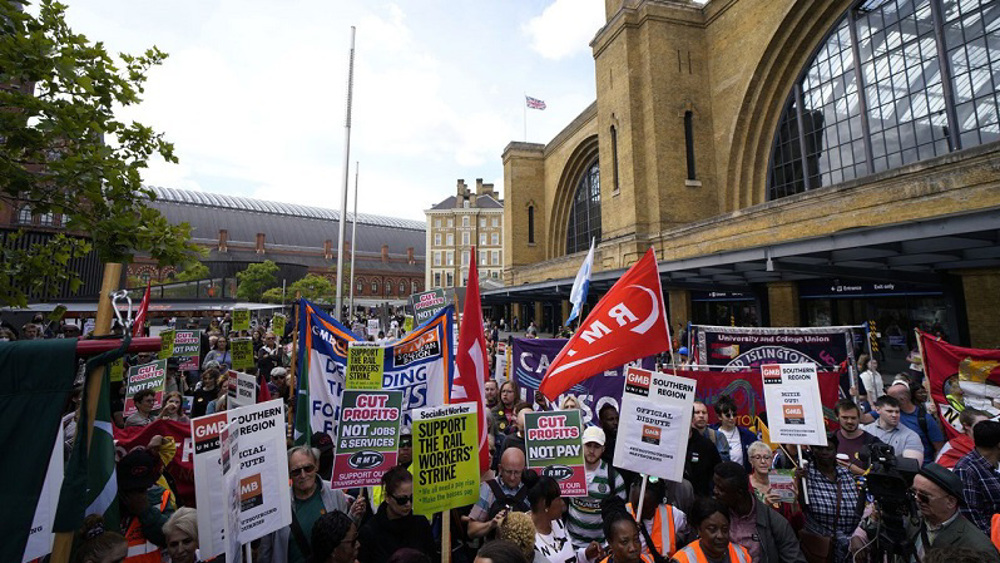
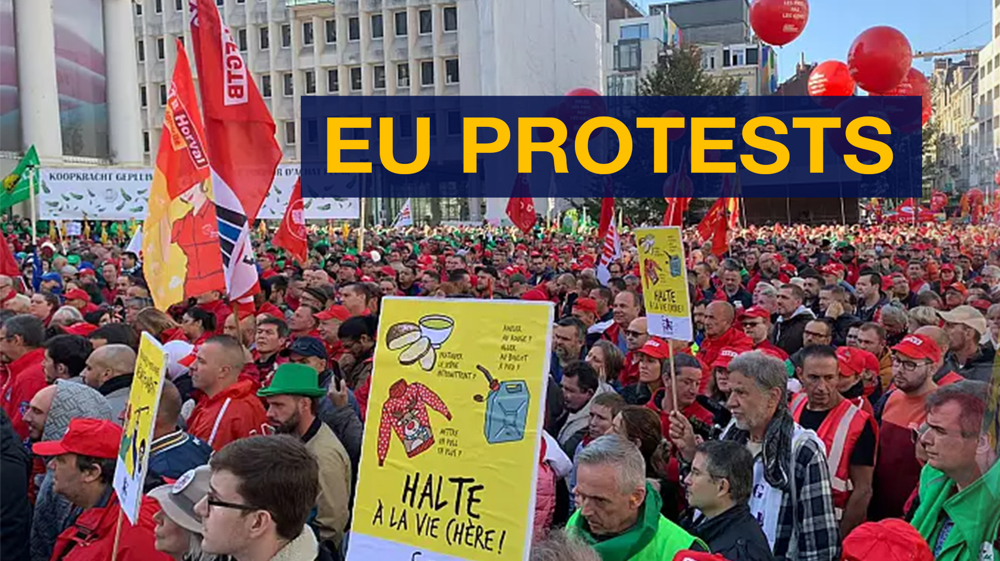
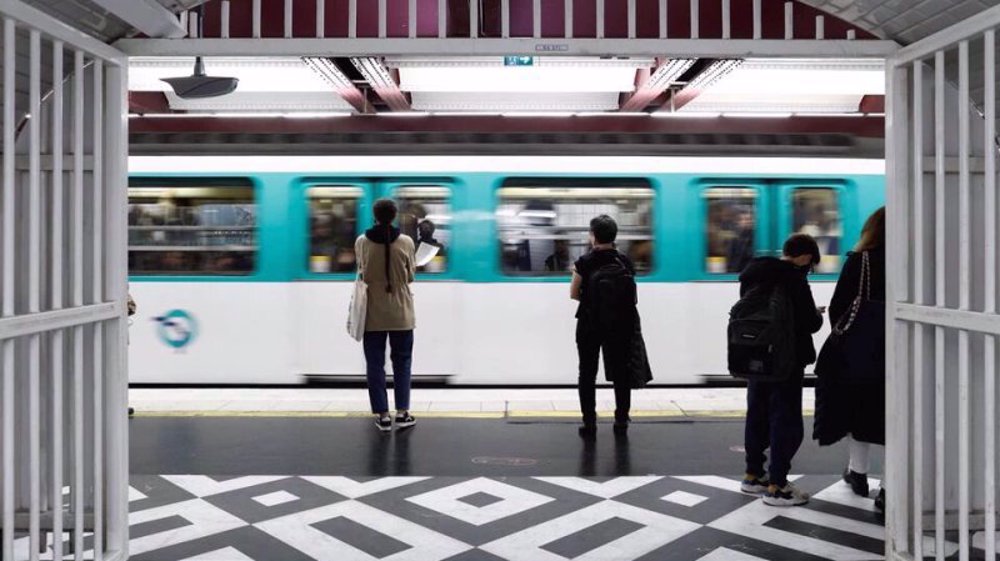
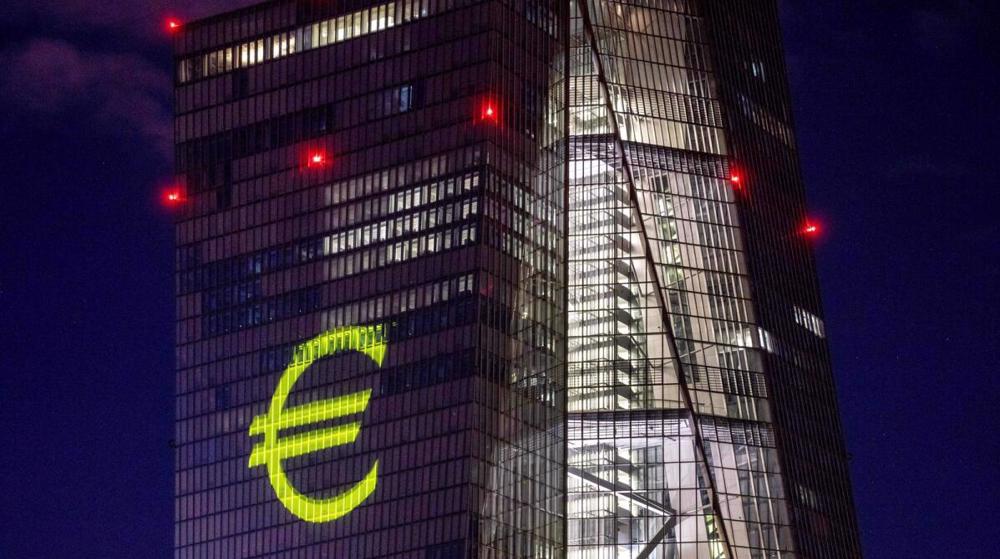
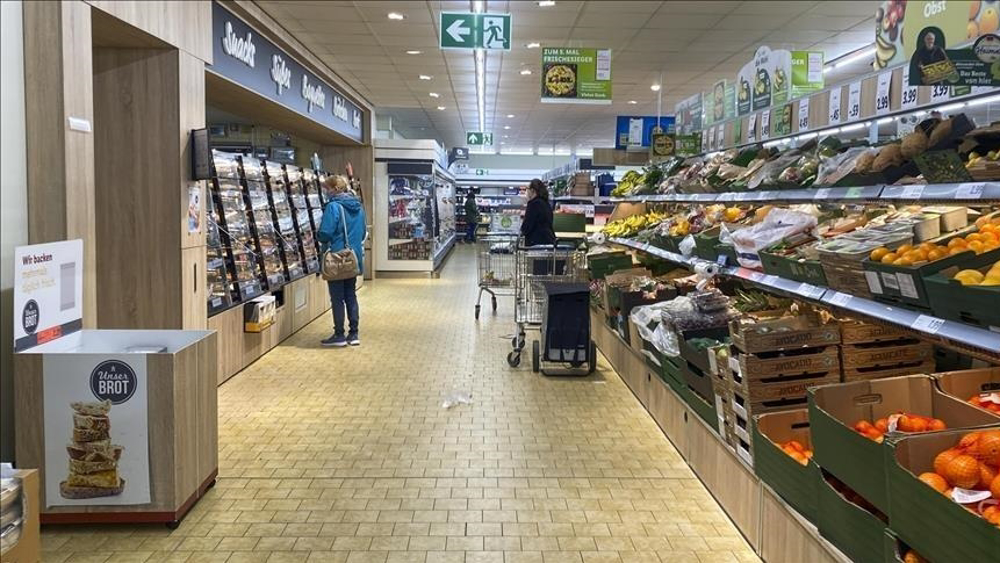
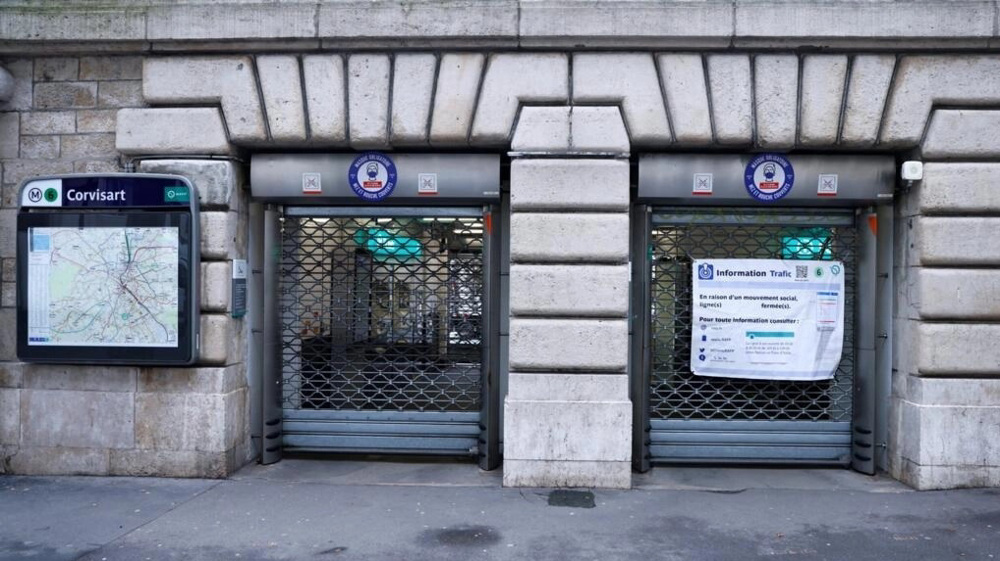
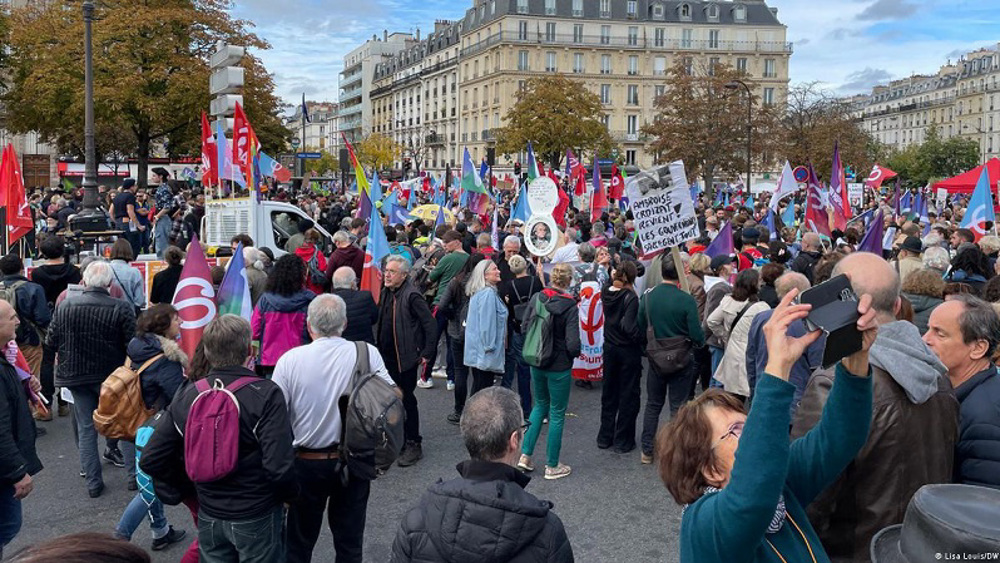
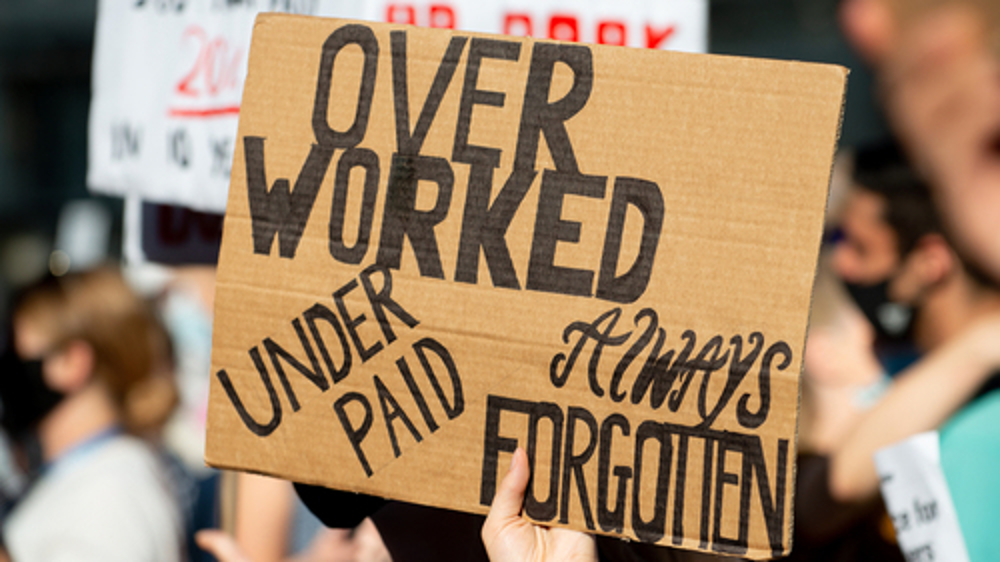
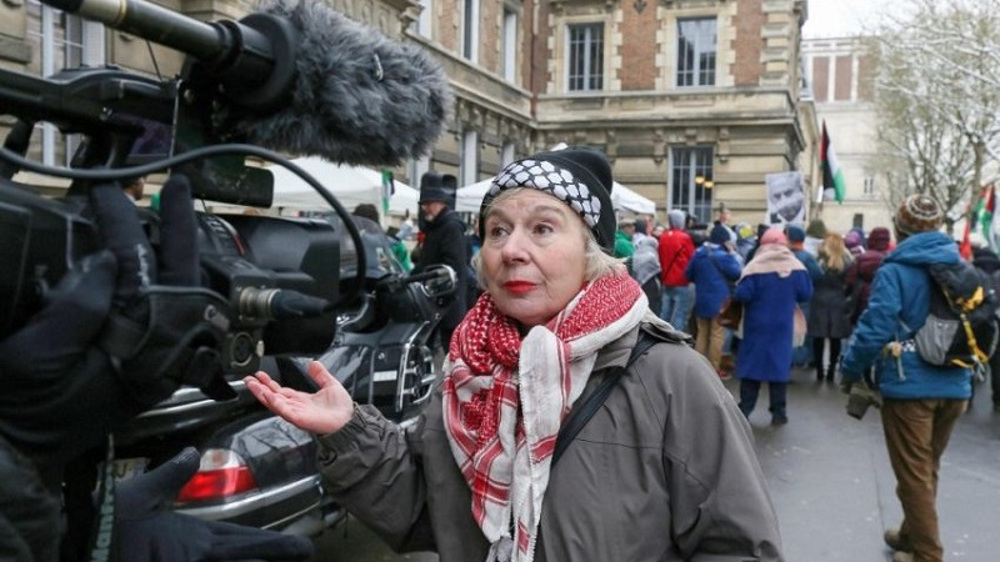

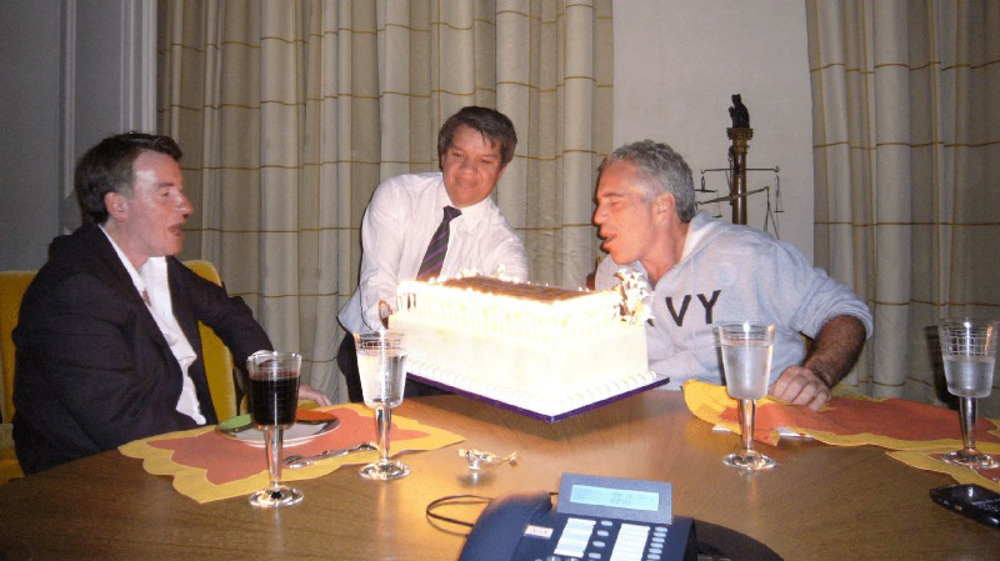



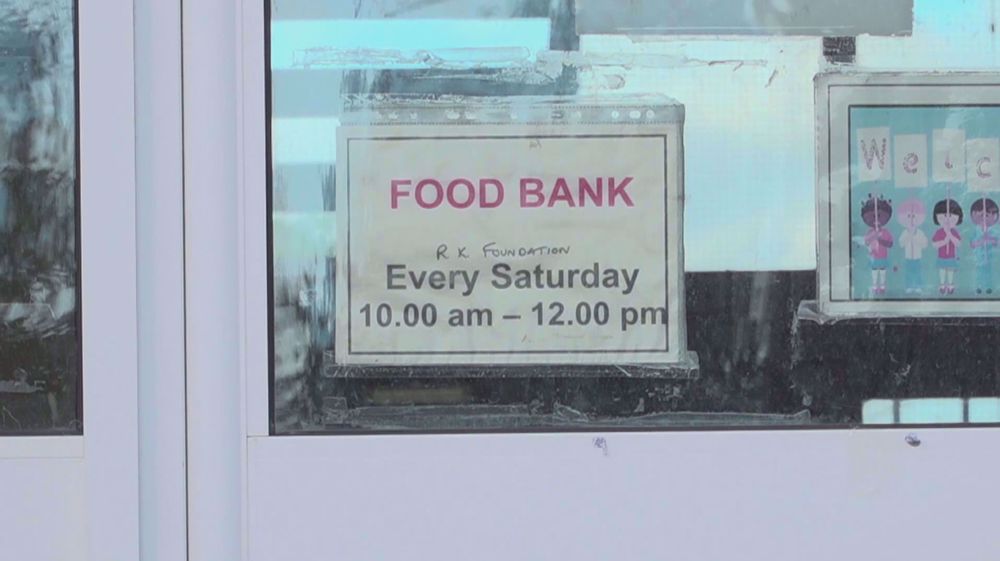
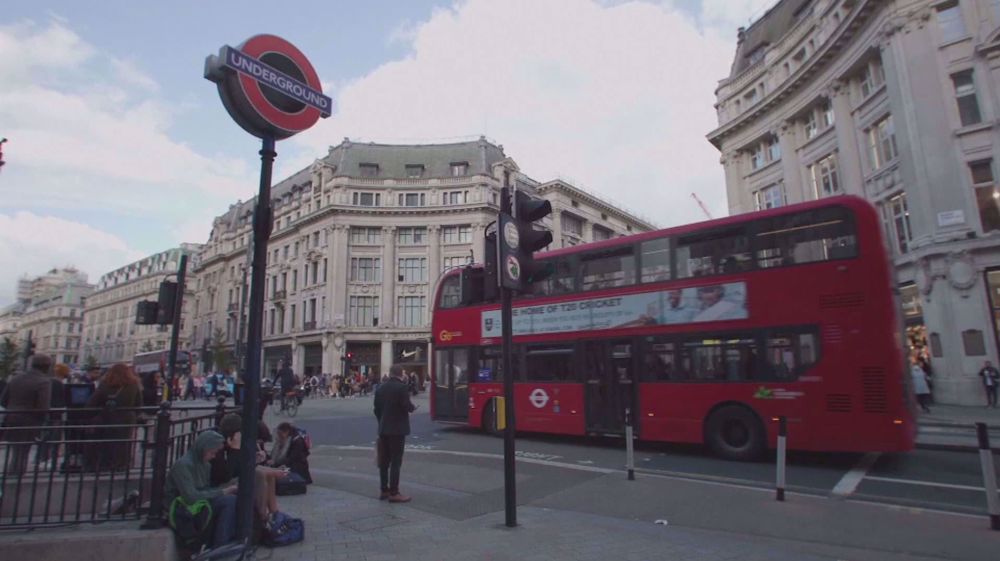
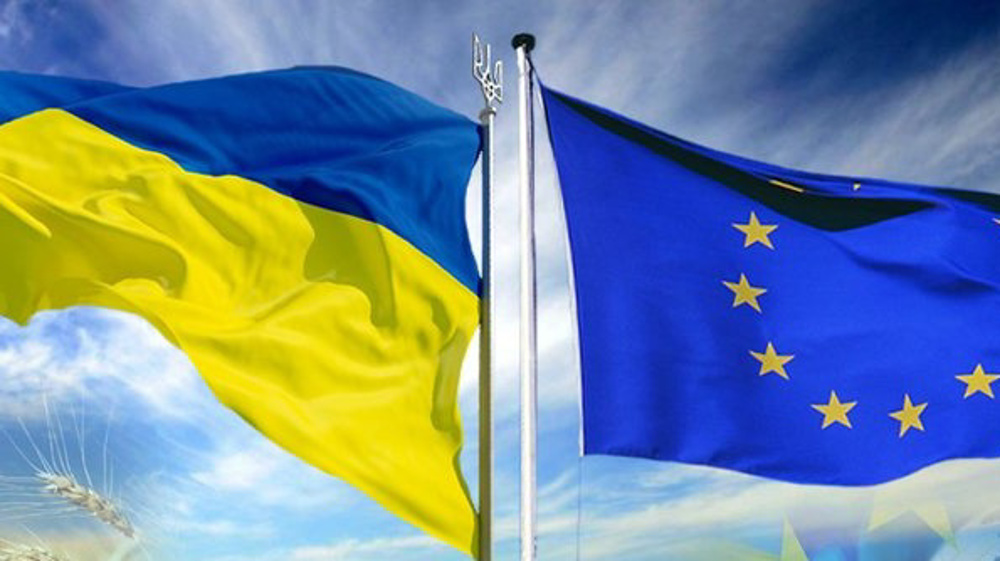

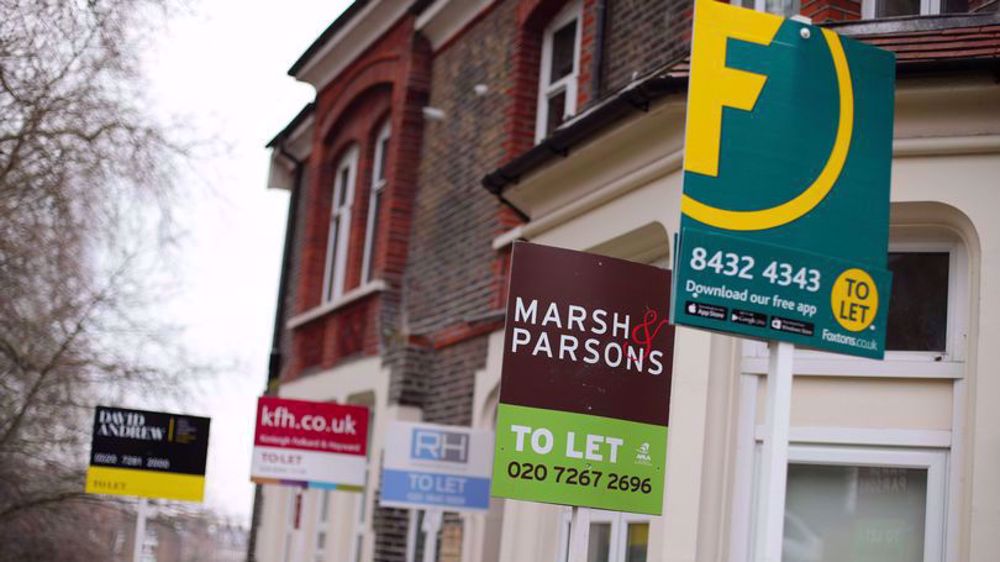
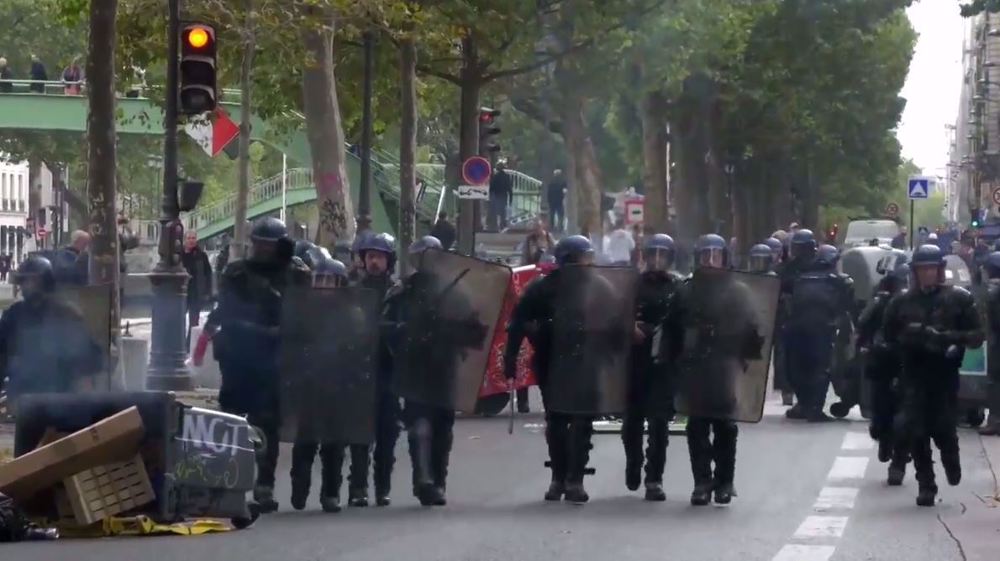
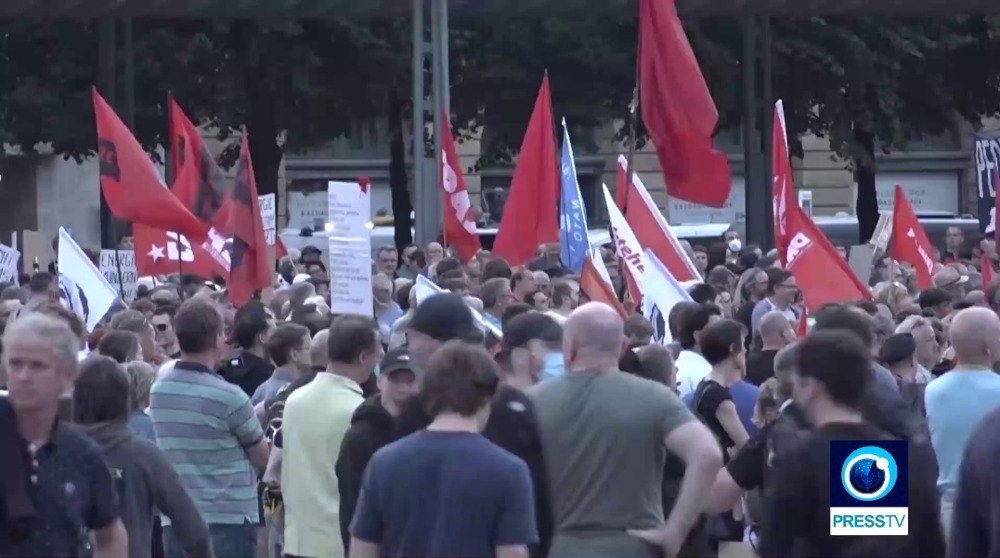

 This makes it easy to access the Press TV website
This makes it easy to access the Press TV website